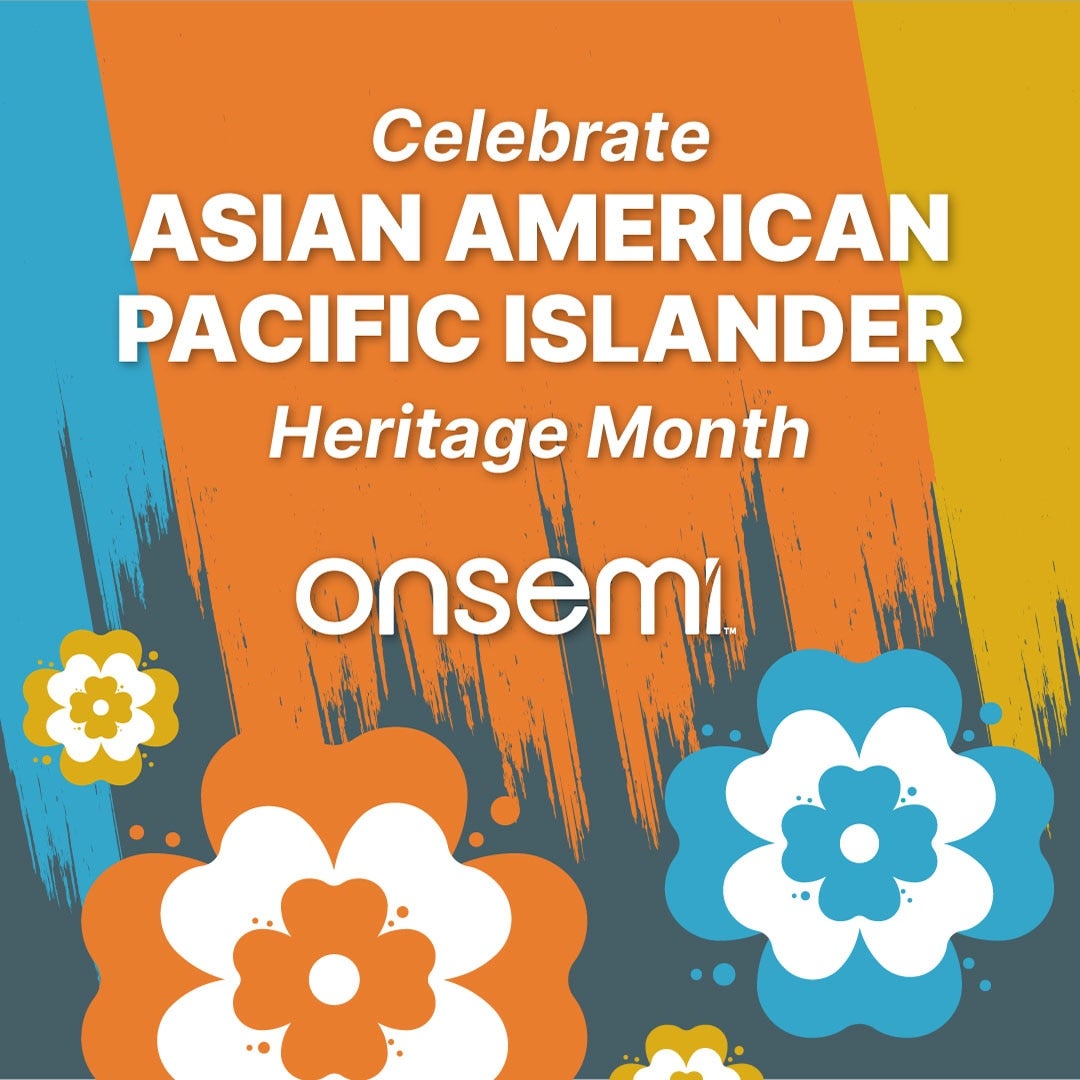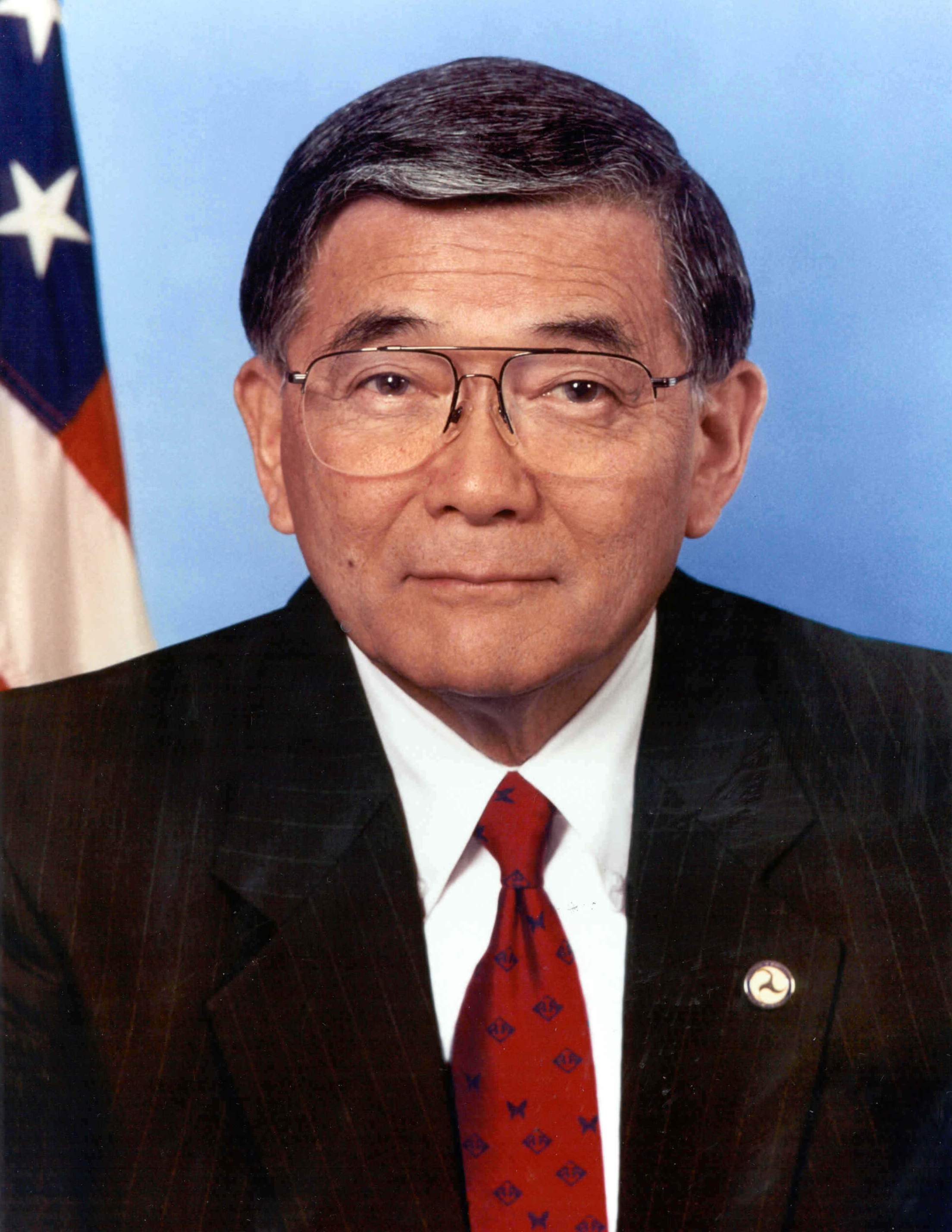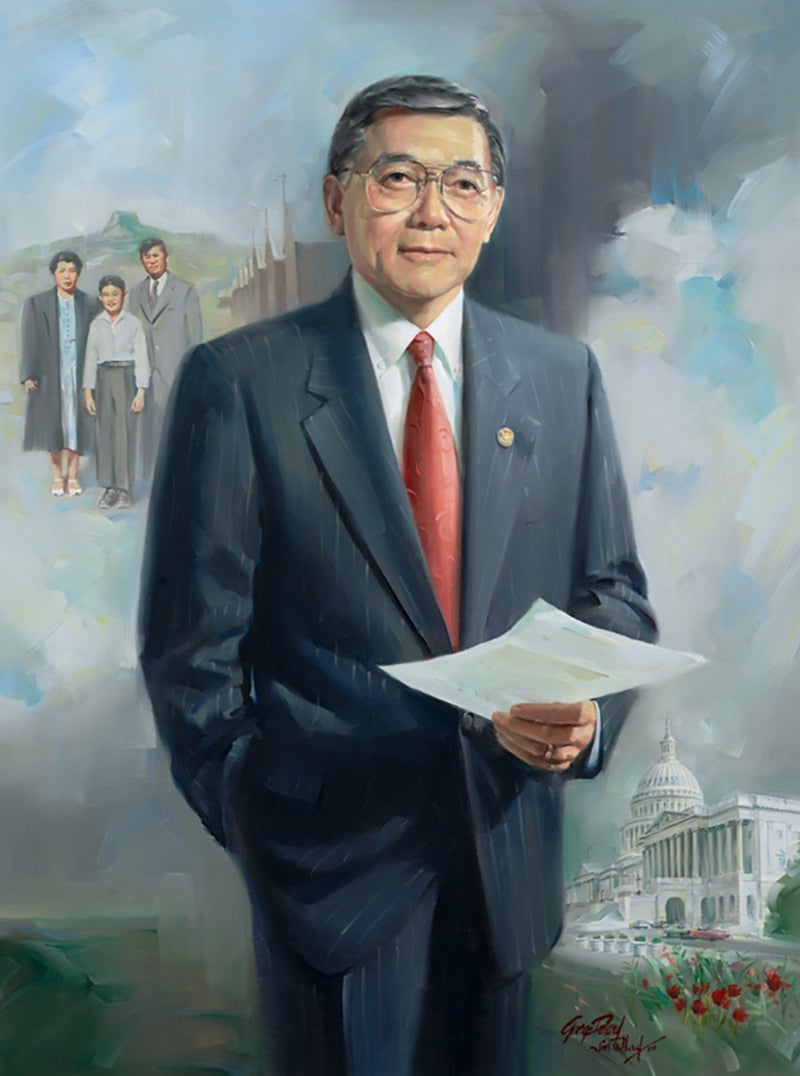The end of Asian American and Pacific Islander Heritage Month is an appropriate time to celebrate the life of Norman Mineta, a Japanese-American from Silicon Valley who overcame discrimination and became the first Asian American cabinet secretary with a significant impact on transportation policy and safety.
Mineta’s parents were Japanese immigrants barred from becoming U.S. citizens by the Asian Exclusion Act, but as Mineta was born in San Jose, he was a U.S. citizen. During World War II, President Roosevelt ordered the internment of all persons of Japanese ancestry on the West coast of the U.S. The Mineta family was interred at the Heart Mountain internment camp in Wyoming.
In the 1970s, as California’s Santa Clara Valley transitioned from orchards to what is now Silicon Valley, the heart of the global semiconductor industry, Mineta served as the Mayor of San Jose and then as one of the valley’s representatives in the U.S. Congress. He was re-elected 10 times and, through the 1980s and early 1990s, would serve as the Chairman of the House Committee on Transportation and Infrastructure after serving as Chair of the committee’s Aviation subcommittee and Surface Transportation subcommittee. Mineta also co-founded the Congressional Asian Pacific American Caucus and served as its first Chair.
As staff for the Semiconductor Industry Association, I had the pleasure of working with Congressman Mineta as he rallied his colleagues to press the Reagan Administration to stop Japanese companies from dumping memory chips and to open the Japan market to foreign semiconductor producers. Mineta was also instrumental in the passage of the Semiconductor Chip Protection Act, which provided intellectual property protection for semiconductor designs.
In the final months of his Presidency, President Clinton appointed Mineta as his Secretary of Commerce, making Mineta the first Asian American to serve as a U.S. Cabinet secretary. President Bush, a Republican, appointed Mineta, a Democrat, as his Secretary of Transportation and the only Democrat to serve in Bush’s cabinet, making him only the fourth person to be a Cabinet member under two presidents from different political parties. Mineta continued as President Bush’s Secretary of Transportation, and he was the longest-serving person in that position when he stepped down in 2006.
As Secretary of Transportation during the terrorist attacks on September 11, 2001, Mineta gave the unprecedented order to immediately land all 4,546 planes in the air in the U.S. at the time. He also oversaw the creation of the Transportation Security Administration in response to those attacks.
In the days after September 11, Transportation Secretary Mineta courageously forbade the U.S. airlines from practicing racial profiling or subjecting Middle Eastern or Muslim passengers to heightened pre-flight security. A decision that he later said reflected his own internment experience and denial of basic human rights. In the PBS documentary “Norman Mineta and His Legacy—An American Story,” President Bush recounted, “Right after 9/11, I was concerned that our country would … treat someone who may not worship as their neighbors as non-citizens, so I went to a Mosque…. In some ways, Norm’s example inspired me. I didn’t want our country to do to others what happened to Norm.”
A portrait of every former Chair of The House Transportation and Infrastructure Committee hangs in the committee’s hearing room on Capitol Hill. The painting of Mineta includes in the lower right corner a picture of the Capitol and in the upper left corner a picture of him and his parents at the internment camp in Wyoming, underscoring the arc of his life’s journey.
Norman Mineta died on May 3, 2022, at age 90. If you have an opportunity to fly into Silicon Valley, you should spend a minute to recall this remarkable public servant as you land at the Norman Y. Mineta San Jose International Airport.



